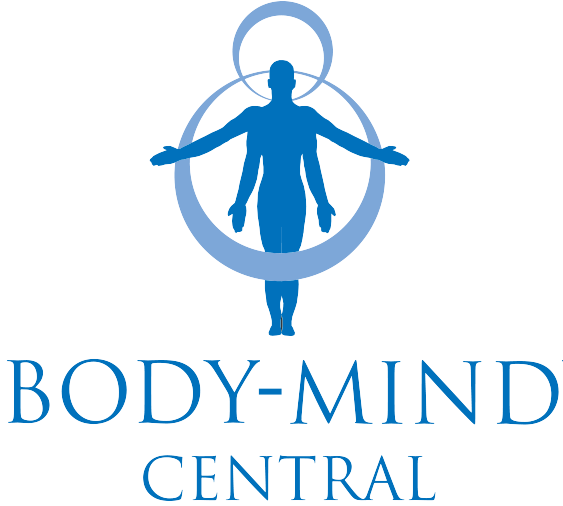There are many online resources available to learn more about Bioenergetics and a body-oriented approach to psychotherapy. Below are lists of both books (available for purchase at Amazon.com) and sites that you might find useful.
Character Analysis
Wilhelm Reich
This was a revolutionary book in 1933 when it was published, and it is still loaded with clinical wisdom. It tells us that a person and his or her problems are to be understood and worked with therapeutically both in terms of the content of his or her mind and the form and motility of his or her body- its observable behavior.
The Interpersonal World of the Infant
Daniel Stern
A ground-breaking book that documented the careful observational infant/caregiver research which challenged many psychoanalytic assumptions about normal development. In their place, Stern provided a compelling developmental argument for body-centered therapy. He delineated early levels of self which exist basically at a body level. Since the core or bodily self continues as a distinct form of experience as long as we live, it follows that bodily approaches to bodily problems of self remain appropriate.
Betrayal of the Body
Alexander Lowen
A powerful presentation of the shock, despair and dissociation of self from body in the schizoid condition. It was out of the matrix of this book that I developed my clinical construct which I call cephalic shock.
Bioenergetics
Alexander Lowen
An excellent overall presentation of the bioenergetic (body-mind) approach to the personality by its founder. Dr. Lowen interweaves his own personal journey of self-discovery with the basic themes and theory of bioenergetic therapy.
Affect Regulation and Origin of the Self
Allan Schore
This volume collates an impressive body of current research in neurobiology, developmental psychopathology and psychoanalysis. It documents the fundamental importance of right brain-to-right brain bodily based communication for the development of ourselves in relationship.
Infant Research and Adult Treatment
Beebe & Lachmann
State of the art clinical and observational research details the split-second, implicit, nonverbal process by which both parent and child and therapist and patient influence each other. This is a systems view of relationship: each member of the dyad and the interaction itself all simultaneously influence each other and are affected by each other.
General Theory of Love
Lewis, Amini & Lannon
This is a moving book, poetic and yet loaded with scientific data. Written for the layman, it describes empathy as "limbic resonance" and details that it is our implicit, nonverbal nervous system which underlies our capacity for intimacy.
The Two-Person Construction of Defenses
K Lyons-Ruth
This research report will provide an overview of recent work charting the developmental pathways and family processes associated with disorganized forms of .... on the Adult Attachment Interview (for review, see Lyons-Ruth & Jacobvitz, 1999) suggest that aspects of parent-infant interaction contribute to the development of ...
Missing: et
The Shadow of the Tsunami: and the Growth of the Relational Mind
Philip M. Bromberg
During early development, every human being is exposed to the relative impact of relational trauma – disconfirmation of aspects of oneself as having legitimate existence in the world of others – in shaping both the capacity for spontaneous human relatedness and the relative vulnerability to "adult-onset trauma."
The Musical Edge of Therapeutic Dialogue
Steven H. Knoblauch
Such nuances and shifts in the music of a patient's voice have long been familiar to clinicians. Indeed, as Steven Knoblauch observes, the music of psychotherapy has been acknowledged across a variety of theoretical orientations, from Freudian to self-psychological to interpersonal and relational perspectives.
Somatic Experience in Psychoanalysis and Psychotherapy: In the expressive language of the living
William F Cornell
The body, of both the patient and the analyst, is increasingly a focus of attention in contemporary psychoanalytic theory and practice, especially from a relational perspective. There is a renewed regard for the understanding of embodied experience and sexuality as essential to human vitality. However, most of the existing literature has been written by analysts with no formal training in body-centered work. In this book William Cornell draws on his experience as a body-centered psychotherapist to offer an informed blend of the two traditions.
Helpful Sites
- European Body Psychotherapy
- The International Institute for Bioenergetic Analysis
- International Institute for Biosynthesis
- Dr. Ivan: Depression Central
- Bioenergetics Chicago
- The Dallas Society for Bioenergetic Analysis
- Central Canada Society for Bioenergetic Analysis
- San Diego Institute for Bioenergetic Analysis
- Stressless Workplace
- The United States Association for Body Psychotherapy











